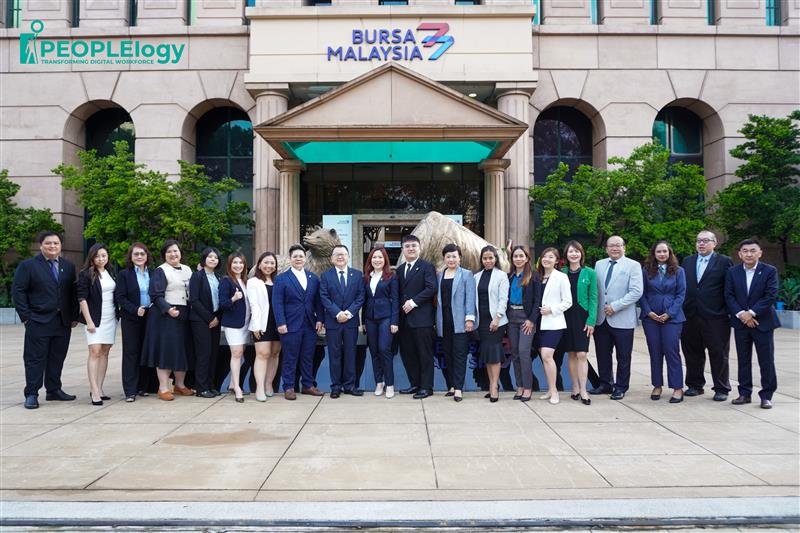
The rise of AI is inevitable. In today’s digital landscape, businesses are given the option to either work alongside AI or risk slowing down in their organisational performance and growth due to neglecting AI. However, investing in AI requires more than acquiring AI tools, it requires a concrete digital workforce transformation strategy.
According to McKinsey & Company, 92% of companies are planning to invest in AI, only a small margin (as low as 1%) of leaders believe that their AI deployment strategy is substantial enough to maintain long-term business outcomes.
This technological revolution demands a proactive response from the workforce. To remain valuable assets in your respective fields, it is important to embrace continuous learning and cultivate new skill sets that complement and augment AI capabilities.
The rise of AI and other digital trends
The impact of AI and other digital trends on the workplace is not merely theoretical; it is evidenced by compelling statistics that highlight the seismic shift in digital workforce transformation:
- The Automation Acceleration: Findings by the World Economic Forum shows that in 2025, it is projected that AI and automation will displace approximately 85 million jobs globally, while simultaneously creating 97 million new roles that require different skill sets. The creation of these AI-driven jobs requires a workforce that is adaptable to shifting business needs.
- AI-Led Processes Outperform Competitors: According to a report by Accenture titled “Reinventing Enterprise Operations with Gen AI”, 16% of companies have implemented AI-led processes in their operations, compared to just 9% in 2023. These organisations achieve 2.5x higher revenue growth, 2.4x greater productivity, and 3.3x greater success at scaling generative AI use cases.
- The Rise of Remote and Hybrid Work: The adoption of digital tools and platforms has fueled a significant increase in remote and hybrid work models. According to a study by Trip.com which surveyed two groups of employees: full time onsite and hybrid group, it was revealed that 33% of employees in the hybrid group were less likely to resign from their jobs than their fully onsite counterparts.
This shift necessitates a workforce skilled in digital communication, collaboration, and self-management within distributed environments.
These statistics paint a clear picture: the integration of AI and digital technologies is not just a gradual shift; it’s a rapid and significant transformation of the modern workplace. To navigate this dynamic environment successfully, both individuals and organizations must understand and embrace the key trends driving this transformation.
5 key trends in digital workforce transformation in 2025 and beyond:
I) Generative AI Integration elevates AI from automation to an intelligent collaborator, revolutionising content creation and data analysis, demanding new human-AI interaction skills.
II) Agile Upskilling emphasises continuous, adaptive learning, crucial for professionals to gain proficiency in AI interaction and data literacy, ensuring workforce relevance.
III) Cybersecurity Mesh Architecture secures increasingly distributed work environments by focusing on individual access point protection, requiring a digitally aware workforce.
IV) The Rise of Immersive Workspaces, leveraging AR/VR, enhances collaboration and training through engaging virtual environments, breaking down geographical barriers.
V) Hyper-Personalisation utilises AI to tailor employee tools and development, boosting engagement and fostering a more supportive work culture. These trends collectively redefine the skills and infrastructure necessary for the future of work.
Work with a digital workforce transformation provider to thrive in an AI-driven economy
Today’s business landscape, fueled by inevitable AI adoption, presents both challenges and opportunities. While AI promises enhanced productivity and growth, realising a full potential demands a strategic and comprehensive approach beyond mere tool acquisition.
The low confidence in current AI deployment strategies highlights the urgency for a holistic transformation encompassing technology, skills, and culture. To thrive in the current and future workplace, individuals must embrace continuous learning and prioritise agile upskilling and secure digital environments.
Get in touch with a digital workforce transformation solution provider to navigate this evolution and build a future where humans and AI work in synergy, driving unprecedented innovation and success.





